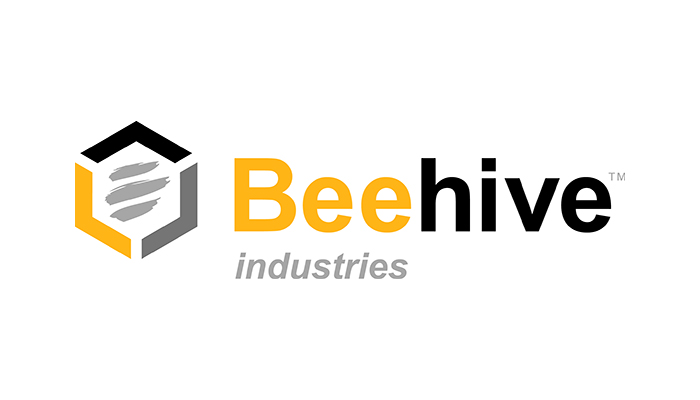
The asset management platform meets the growing demand for better municipal software.
Local governments often struggle to manage and keep track of infrastructure and assets like power lines and heavy equipment because of outdated processes and legacy systems. Lincoln startup Beehive Industries is changing that.
“Frankly, the thing we run into most is that an organization’s things and processes have gotten long in the tooth,” said Bill Sheldon, BI Founder. “They need to migrate out.”
Changes in technology helped Sheldon realize that things could be done differently by starting from scratch.
“A big advantage is that we started in 2011 with bare metal,” Sheldon said. “There was no legacy we needed to drag behind.”
Bare metal and a team with years of experience in GIS, engineering and working with municipalities.
“We were very disappointed with what the industry had done in terms of making infrastructure data a common use function,” Sheldon said. “It was very specialized, a ‘that guy down the hall to the left, talk to him’ kind of thing.”
A software engine was built to do precisely that, and not just for local governments.
“Beehive was designed as an engine that could manage any sort of infrastructure, Sheldon said. “It’s adaptive with the user interface. The engine does the heavy lifting.”
All-star culture
Sheldon is quick to credit Nick Sherrill and the BI development team he leads.
“I’ve worked with a lot of software teams, this is just a different breed,” Sheldon said. “They’re smarter, more collaborative, more imaginative, and more accurate than any team I’ve ever seen.”
Last year chief architect and engineering lead Chad Michael was a finalist for Technologist of the Year at the Silicon Prairie Awards. The company, which allots company time for community volunteering, was also a finalist for Best Culture.
A flexible system
Unlike some competitors, BI offers subscription pricing and does not rely on seat licenses or third-party software.
“We don’t want to count them, and our clients don’t want to count them,” Sheldon said. “The seat license has kept it from becoming a common use function.”
BI is exploring different markets for the engine.
“What we’re doing now is making more pushes into other areas, other types of organizations,” Sheldon said. “The engine works really well, what else can we do with it?”
The company is seeking partnerships with select engineering firms and industry leaders in telecommunications, construction and energy.
Key investment
So where did the idea for BI come from?
“I was with another software company for about nine years,” Sheldon said. “This was brewing in my head.”
Enter Nebraska Global.
“I had first met them about buying this other company,” Sheldon said. “I had the other thing in my mind to put on top of it.”
Nebraska Global passed on the first company but was interested in Sheldon’s idea.
“They were just ramping up NG at the time,” Sheldon said. “It’s an exciting environment for me. I was fascinated by what they’re trying to stand up here.”
In 2014 the company received $2.5 million in Series A investment from St. Louis VC Advantage Capital.
A changing market
Has there been resistance from government agencies that are often viewed as change-averse?
“It’s been the opposite,” Sheldon said. “When we started, I expected more resistance because of having worked in those arenas.”
Sheldon thinks a younger work force and different expectations have something to do with it.
“What we found is that generally people today have an expectation that information is going to come to them,” he said. “Staffs are getting younger, expecting information at their fingertips.”
Consistent growth
Since 2011 Beehive has expanded from coast to coast across the United States. The company’s municipal product has expanded to 25 states, while their non-municipal product has expanded to all 50 states and two countries.
“We’re all over the place—Florida, Virginia, North Carolina, California, Oregon,” Sheldon said. “And we’re getting the attention of larger communities earlier than I anticipated.”
And while municipal governments remain a core market, Sheldon wants to make sure people know that the BI engine is versatile.
“The most exciting stuff is the other things we’re getting into,” he said. “Let people know that if they’re dealing with infrastructure of any sort, we’d love to talk with them.”
—
Rod Armstrong is Vice President of Strategic Partnerships for AIM in Lincoln, Nebraska. He is a regular contributor to Silicon Prairie News.




